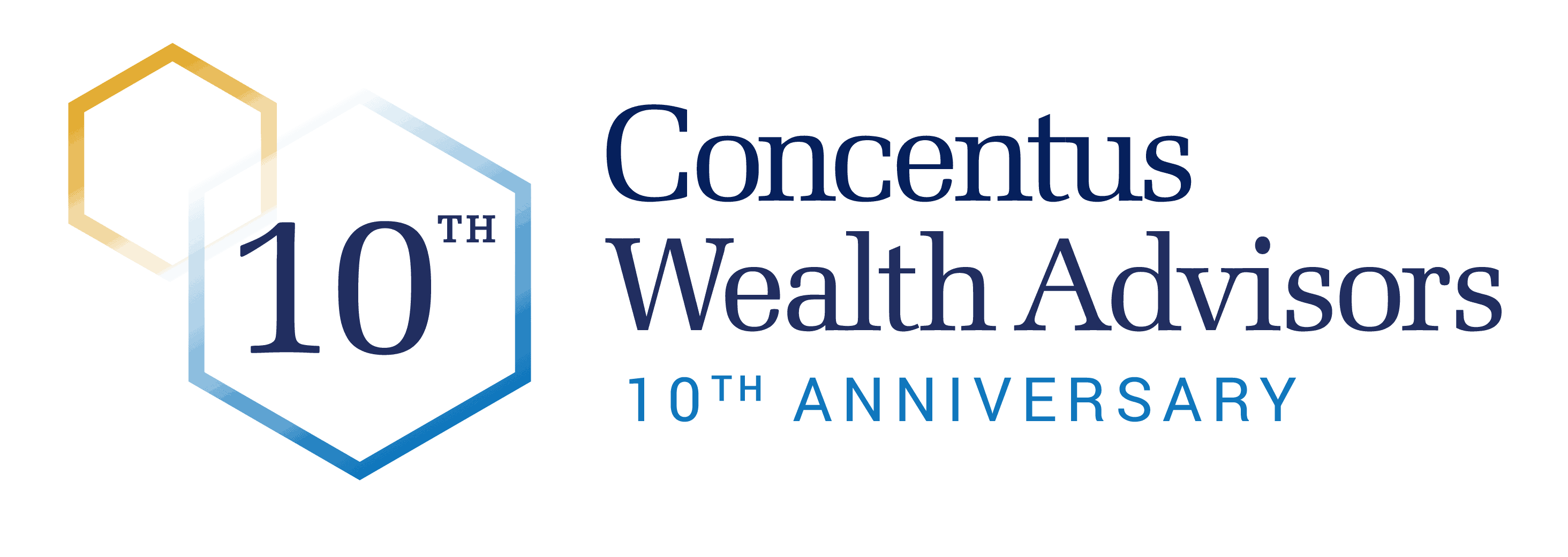“In the race for wealth, we often sacrifice time, energy, health, home, happiness and honor – everything that money cannot buy, the very things that money can never bring back.”
– William George Jordan, The Majesty Calmness
Tiger Woods’ Legacy
As everyone knows, Tiger Woods is the greatest golfer of our era, and has won an astounding 15 major championship tournaments. He stands second to only to Jack Nicklaus on the list of all time carer major winners.
Tiger has a son named Charlie, who is only 14 years old but is already earning a name for himself as a competitive golfer. So here is a question to ponder: If Tiger were able to pass on only one thing to Charlie as part of his family legacy … would it be better for Charlie to inherit Tiger’s golf clubs and all the tournament trophies he won, or would it be better for Charlie to inherit his dad’s golf swing? Which is more valuable?
Of course, it seems obvious that Charlie would be better off inheriting Tiger’s golf skill and his swing because with that skill he can go out and win a long list of golf tournaments for himself.
When most people talk about “Legacy Planning”, they are usually talking about Estate Planning: the process of passing along their tangible wealth to their kids and grandkids. They are making a plan for how to distribute all of the golf clubs and trophies they have accumulated over their lives. But just like Tiger Woods’ golf swing, there are “assets” that you can pass on to the next generations that are much more important than just your stocks, real estate, or business.
What is Truly Valuable?
Most people suffer from blind spots in their thinking about how they define and understand their “Wealth” in the first place. Many families suffer from a lack of vision when thinking about their Financial Wealth in the proper context of their values and what is most important to them. Many successful people can only comprehend their wealth as the number on their balance sheet and fail to understand their wealth for its power as a tool to enable them to live a more meaningful and fulfilling life in support of their most important core values. Many are unable to see their Financial Wealth as only one component part of their family’s Genuine Wealth, and as a result, they miss the opportunity to lead meaningful, fulfilled, impactful, and significant lives.
When most people think about their “Wealth,” they only consider their physical and material possessions – the physical assets like their home, cash, businesses, stocks, bonds, and real estate. These assets are appropriate to be filed under a category called Financial Capital, because they deal with assets of material value and financial worth. However, if you begin to expand your perspective and think about what is most important and valuable to you in life, you may begin to expand your definition of “Wealth”.
In considering their most valuable possessions, most people will immediately think of their family and friends, and the health and happiness of the people who are closest to them and they love most. Most people would be willing to sacrifice all of their money for these loving emotional relationships. In addition to their loving connections with family and friends, most people also value their own health, their values, morals and character, their spirituality and faith, as well as their talents, habits, and abilities. These important “possessions” must be considered as part of your Wealth, and might be labeled as part of our family’s Human Capital, just as our tangible possessions are part of our Financial Capital. Most people would agree that this category of possessions is in fact far more important than their material or Financial Capital.
You may also identify a different category of possessions that has great importance and which can be labeled Intellectual Capital. This category includes the total aggregated education, wisdom, experience, rituals, contacts, and knowledge of the family. For many families, this category of possessions may also carry a greater degree of importance than the financial because many successful people understand the truth that it was their Intellectual Capital that enabled their family to create their financial wealth in the first place.
The final category of possessions that is important to most families is their Social Capital, which represents their commitment to philanthropy, charity, and community. Most successful families recognize the need to use their money as a tool to help make the world a better place, and they tend to place a high value on their charitable and philanthropic efforts and commitments. Social Capital represents the way in which the family is able to express gratitude for the blessings we possess by giving back from those blessings.
As we consider all of these various sources of “Capital”, it becomes possible to broaden the concept of what “Wealth” really means. While most people think of their “Wealth” as nothing more than their financial and material possessions, we may adopt a much more expansive concept of our genuine wealth, which is the aggregate combination of all of your important possessions: your Financial, Human, Intellectual, and Social Capital. Most families intuitively understand the importance of all of these categories even though they do not think of them in terms of part of their “Wealth”.
Many families may even rank their Financial Capital near the bottom of importance in comparison to the other categories. Specifically, most families place a much higher degree of importance on their Human and Intellectual Capital than they do upon their Financial Capital, because they recognize that it is in fact the family’s Human and Intellectual Capital that enabled them to build their Financial Capital in the first place – with a strong set of relationships, habits, skills, and experience, they could always rebuild their Financial Capital if necessary.
Unfortunately, many people fail to cultivate their wealth in these terms, as they have a “blind spot” when thinking about the meaning of their “Genuine Wealth.” As a result, traditional wealth management and estate planning is focused strictly on the category on the family’s balance sheet: the Financial Capital, which is the one place most families would identify as least important, but which becomes the category that most people spend most of their time, energy, and money to cultivate, plan and transfer to future generations.
Many families end up focused on one of the component parts of their wealth as if it represents the entirety of their wealth. Many focus a great deal of time and attention on the Financial Capital, but risk losing sight of the most important assets they own and eliminating the “Balance” on their Family’s Balance Sheet. As a result, the Human and Intellectual Capital of the family may suffer and decay over time and generations, at the expense of this focus on the Financial Capital.
Ironically, this lack of vision often leads to a decay of the Financial Capital as well, as inherited wealth is dumped on unprepared heirs, who have not inherited the necessary Human and Intellectual skills and Values to cultivate and perpetuate the family’s Financial wealth. Because heirs do not possess the necessary skills, experience, relationships, and character to perpetuate the family’s Financial Wealth, it also erodes over time.
As a Wealth Management practice, we certainly spend our fair share of time on our client’s Financial Capital. But more importantly, we believe our value lies in helping families realize their “Genuine Wealth.”
About VALUABLES
Many financial advisors focus on communicating with clients to provide complex analysis of the investment markets and economies. However, we have learned that most clients are not particularly interested in this complex analysis. Most clients hire an advisor for their knowledge of the markets, not for their ability to explain that knowledge. Most want to know what time it is, not how to build a watch.
Experience has taught us is that wealthy families care most about using their wealth as a means to a desirable end, which is to achieve a more satisfying, fulfilled and impactful life, and to fulfill their most important Life Values.
VALUABLES is a periodic article series focused on the concepts, systems, and habits which we have observed among families who have been successful in this quest to use their wealth as a tool to live a life of significance. The most successful families share a set of habits, systems, and insights which enable them to use their wealth as a tool to fulfill their Values and what is most important to them.
We named this article series VALUABLES, because it provides an exploration of those habits, systems, and insights. We hope it will help you to consider your assets and possessions which are most valuable to you, and how you can use your financial wealth to enhance and cultivate your true “Valuables”.


Leave A Comment